Cybersecurity: What Is It and Why You Need to Know More about It
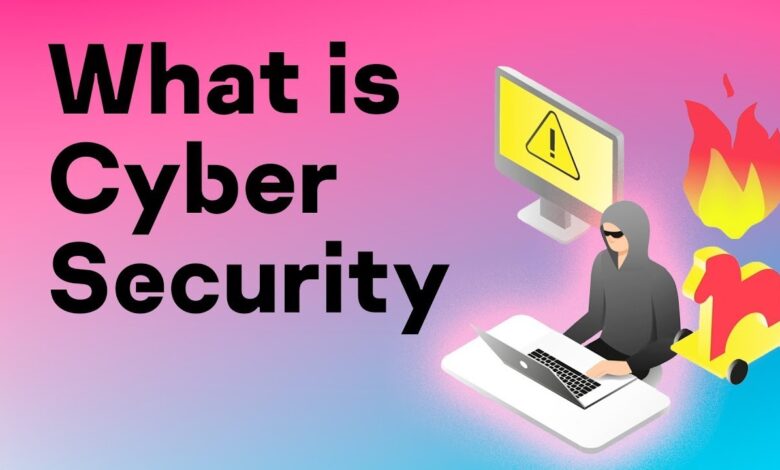
The internet has changed the world in countless ways, and so has the need to protect it. As a result, cybersecurity has been a crucial element of online safety since the early days of the internet.
But how did we get here?
We will explore the history of cybersecurity, from its origins to the present day, look at the major players, technologies, and organizations involved, as well as the challenges that have been faced along the way.
By the end of this post, you will have a comprehensive understanding of what cybersecurity is and why you should know more about it.
Let’s get started!
Origins of Cybersecurity
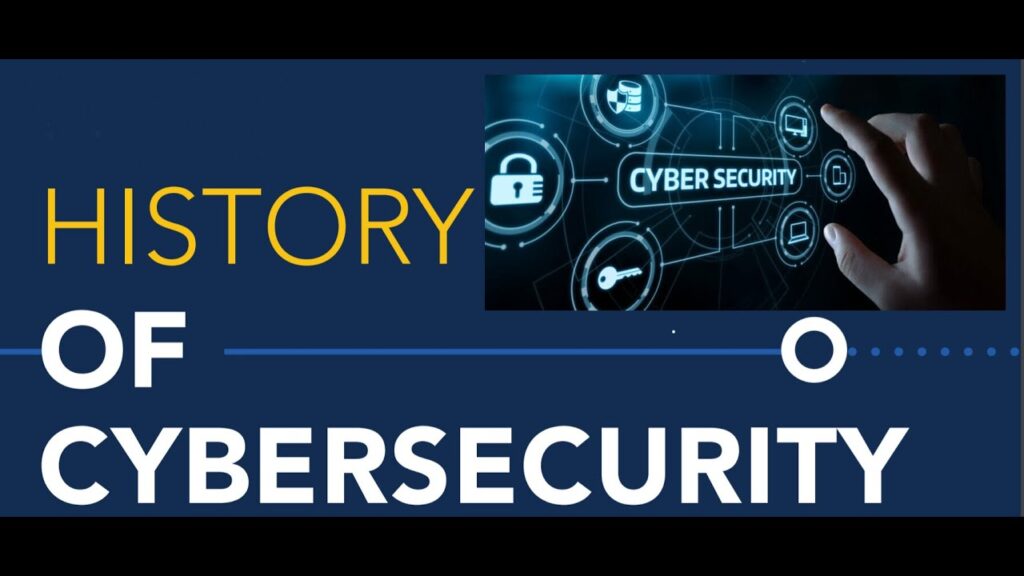
The history of cybersecurity can be traced back to the earliest days of computing. In the late 1950s, early computer systems were developed to perform basic functions, such as data storage and retrieval.
At the same time, organizations began to recognize the need for better methods of protecting their data from malicious individuals. This led to the creation of the first cybersecurity systems designed to protect computers from unauthorized access.
The 1960s saw the advent of time-sharing, which enabled multiple users to access a single system simultaneously. To ensure that each user could only access the system when they were supposed to, the concept of user authentication was introduced. With this system, users had to provide a username and password to gain access. This marked the beginning of access control systems, which are still used today.
In the 1970s, the first commercial antivirus programs began to appear. These programs would scan computer files for malicious software and delete it if found.
By the 1980s, personal computers were becoming more popular, and with this came an increased threat of malicious software being spread through email attachments. To combat this, encryption became more widely used. Encryption is still one of the most effective ways to protect data and is used by governments and businesses around the world.
By the end of the 20th century, the internet had become a ubiquitous tool for communication and commerce. As such, it was seen as a target for malicious actors looking to steal data or damage computer systems.
In response to this threat, the term “cybersecurity” was coined, and organizations began to develop more sophisticated security solutions to protect their networks from attacks.
Growth of Cybersecurity
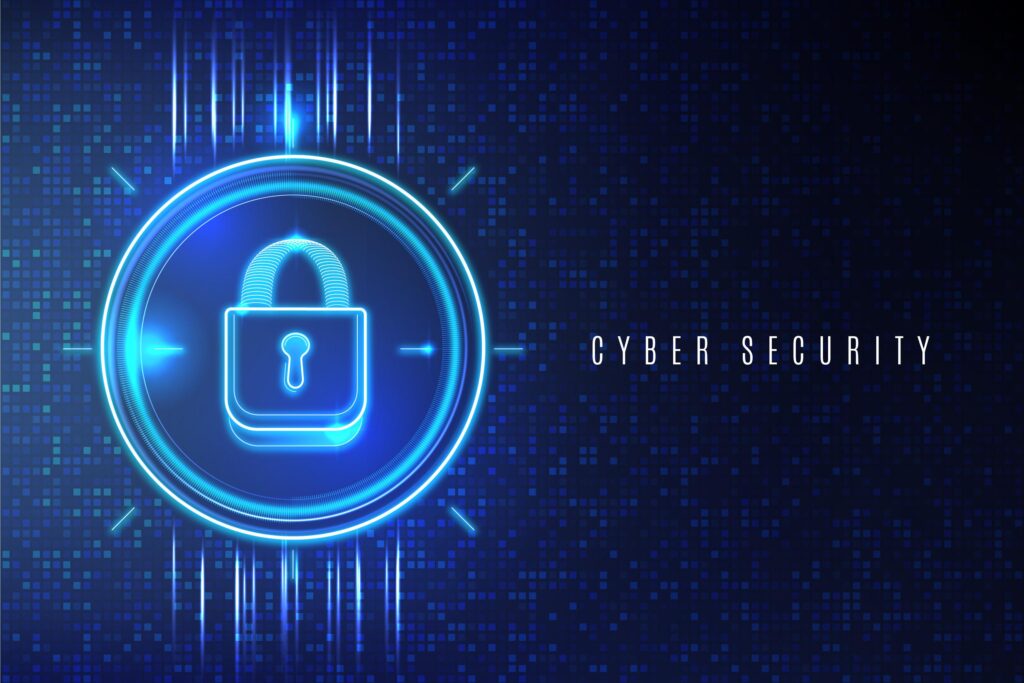
With the emergence of more sophisticated tools, technologies, and threats, the world of cybersecurity has seen tremendous growth over the years. So it’s no wonder it has become one of the most important fields in computer science and digital security.
With the development of the internet, cybersecurity quickly became an integral part of protecting data online.
Organizations around the world began investing in dedicated resources and personnel to keep their data safe. This led to the development of specific cybersecurity roles and increased spending on security-related services.
Today, cybersecurity is a multi-billion dollar industry with a vast array of products, services, and tools available to protect data online. Businesses, large and small, are investing heavily in cybersecurity solutions to protect their systems from hackers, malware, and other malicious threats.
Government agencies are also taking proactive steps to safeguard their networks from cyber attacks.
As technology continues to evolve, so will the need for advanced security measures. As a result, cybersecurity is an ever-changing field, and organizations must remain vigilant to ensure their data remains safe from outside threats.
Recent Trends in Cybersecurity
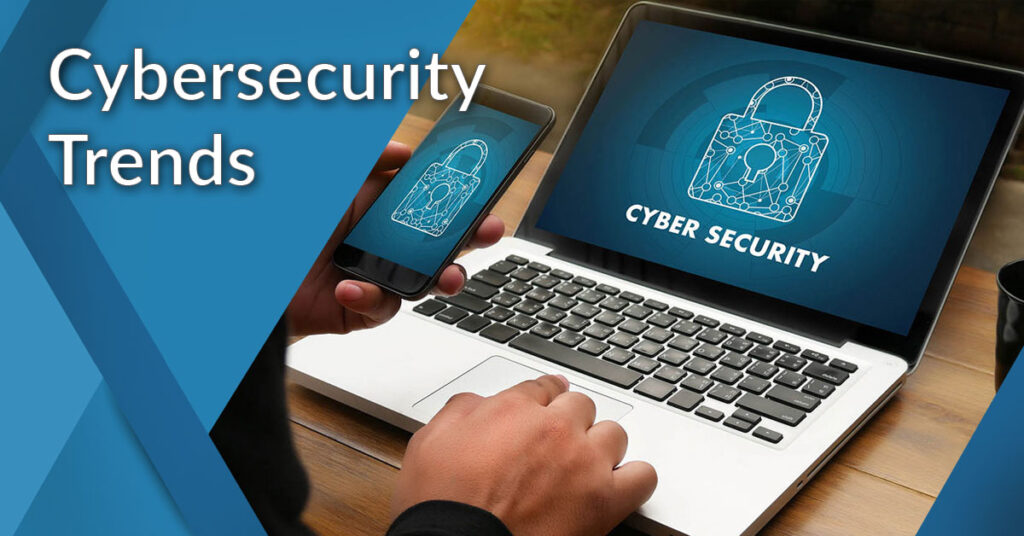
The field of cybersecurity is constantly evolving, with new trends emerging every day. In 2020, we saw a huge uptick in using artificial intelligence (AI) and machine learning (ML) to identify and respond to cyber threats. Automated threat detection and response tools have become more prevalent, making it easier for businesses to defend their networks from malicious actors.
We’re also seeing an increased focus on proactive security measures, such as multi-factor authentication, encryption, and cyber hygiene. In addition, as more organizations move their operations online, they face an even greater need to protect their data and systems from external threats.
Another trend that has been gaining traction is the use of blockchain technology. Companies utilize distributed ledger technology to secure transactions, store data, and facilitate faster payments.
You can also use blockchain to create immutable records that can help improve transparency and reduce fraud. With its decentralized nature and advanced cryptography, blockchain is a valuable asset in the fight against cybercrime.
Cybersecurity professionals must also stay up-to-date with the latest vulnerabilities and exploits malicious actors use to gain access to corporate networks and systems.
By understanding these threats and taking steps to mitigate them, companies can ensure their networks remain secure. They should also keep an eye on the various regulations and frameworks related to cybersecurity to ensure compliance.
Why You Need to Know About Cybersecurity
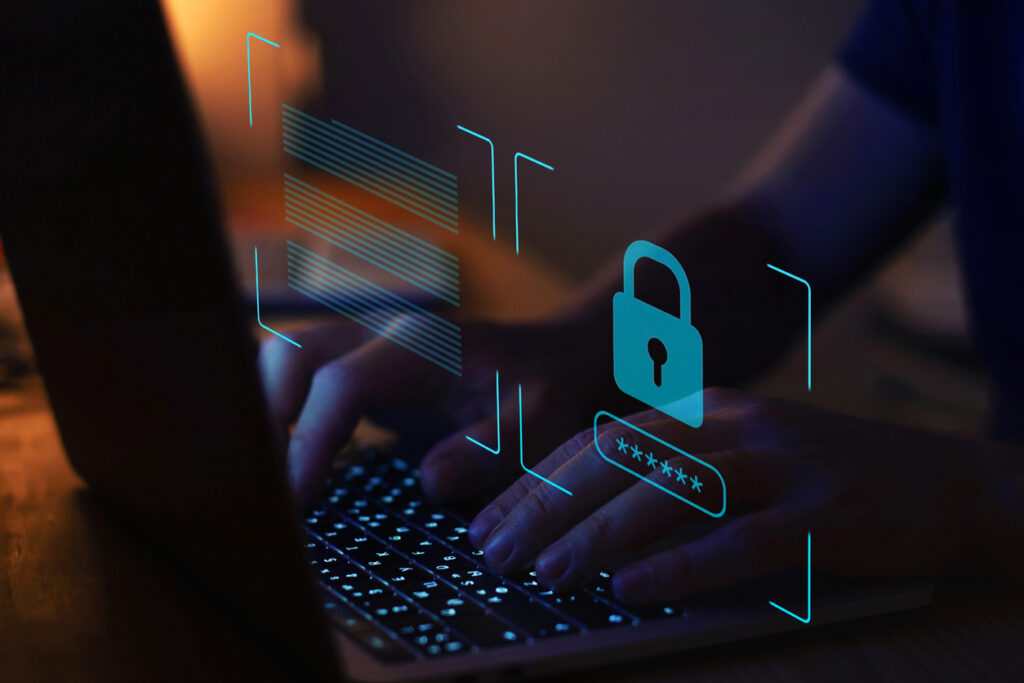
With the rapid advancement of technology, cybersecurity has become an increasingly important issue in today’s world. As businesses, organizations, and individuals become increasingly reliant on the internet and digital systems, here are four reasons why you need to know about cybersecurity:
1. The Cost of Cybercrime Is Rising
As cyber-attacks become increasingly prevalent, the cost of cybercrime has steadily risen. For example, according to the 2022 cost of a data breach report released by IBM and the Ponemon Institute, the average price tag for a data breach reached a record-breaking high of $4.35 million in 2022.
The potential costs of falling victim to an attack can be crippling, and the best way to protect against them is to invest in comprehensive security measures.
2. Small Businesses Are Especially Vulnerable
It’s no secret that small businesses have unique cybersecurity needs. But, unfortunately, smaller budgets and a lack of IT personnel can leave them particularly exposed to cybercrime, especially if they don’t take the necessary precautions.
Cybercriminals understand this and often target small businesses to gain access to valuable data or financial information.
3. Hackers Are Becoming More Sophisticated
Today’s hackers are no longer the amateur criminals of the past. Instead, technological advancements have made them increasingly sophisticated, making it more difficult for companies to protect their data. In addition, hackers now have access to powerful tools and techniques that allow them to bypass traditional security measures.
They can launch attacks from anywhere in the world and use sophisticated encryption techniques to make it difficult for security experts to detect their activities.
Companies must stay ahead of the curve and invest in strong cybersecurity solutions to protect their data. As a business owner, you should beware of who you share your company information with and always verify the identities of business associates, technicians, or anyone who needs access to your company’s data on PhoneHistory.
4. You Have a Responsibility to Protect Your Data
If you’re a business owner or manager, your responsibility is to ensure that your data is secure. Unfortunately, cybercrime is on the rise, and you need to protect yourself and your customers from cybercriminals.
You should also be aware of legal regulations like GDPR and ensure you comply with them to keep your customers’ data safe. It’s important to have robust security measures in place, review them regularly and update them as needed.
Taking a proactive approach to cybersecurity can help protect your data, business, and customers.
The Bottom Line
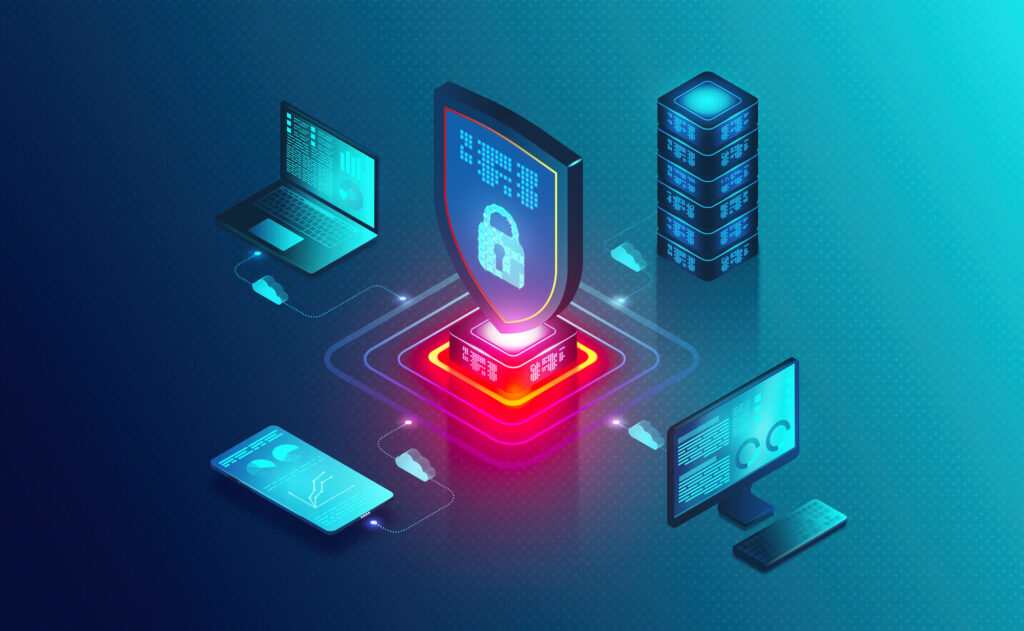
Cybersecurity has come a long way since its humble beginnings. In the past few decades, it has grown exponentially as more organizations, businesses, and individuals rely on digital technology and networks to store and process data.
Major developments, such as adopting encryption technology and identity authentication systems, have improved the security of digital assets and user data.
The future of cybersecurity will continue to depend on deploying new technologies and practices that can better protect networks and systems.



